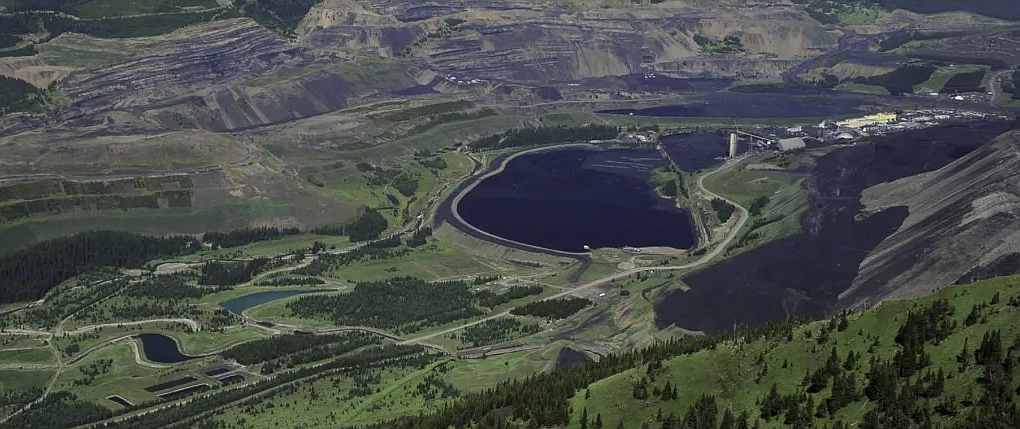Teck Resource venture could have potential negative impact
VICTOR CORRAL MARTINEZ | Hagadone News Network | UPDATED 5 years, 5 months AGO
British Columbia’s largest mining company, Teck Resources, has proposed a new coal mining venture upstream of Montana’s Kootenai River system.
The Canadian federal Ministry for the Environment believes the proposed mine is too small for a national review. If the expansion is approved, it would be the largest coal mine in Canada.
According to a press release from Headwaters Montana, a wildlife protection agency, “The transboundary Kootenai waterway already is heavily polluted by selenium and other contaminants, leached from Teck mines currently operating in the Canadian headwaters.”
The proposed Castle Mountain mine in the Elk River Valley would add to the pollution load on the Kootenai River.
Detailed in the press release, Teck Resources has failed to contain contaminants and in 2016-18 shut down due to plant concentrating selenium rather than reducing it downstream.
“We believe the largest coal mine in Canada should be granted the highest level of environmental assessment in Canada, especially given the complexity of the international watershed,” said Dave Hadden of Headwaters Montana. “It appears that Environment Canada has accepted Teck’s argument that this project doesn’t need a full assessment because it’s too small.”
The Castle Mountain mining Project is located to the northwest of Waterton-Glacier International Peace Park and will produce an estimated 10 million metric tons of coal per year.
There are 17 U.S.-based organizations joining the Environmental Protection Agency, the State of Montana and Tribes and First Nations on both sides of the border in calling for Canada’s Environment Minister to conduct a full federal review.
The Minister expects to decide by Aug. 19 whether the mine proposal warrants a full federal review.
The Castle Mountain project is a new mining venture on a mountain that has not experienced mining before but is in consideration for expansion because it is mined within a geographic area. The area is therefore considered an extension and not warranting federal review.
According to Canadian law, an expansion that totals less than 50 percent of the existing mine’s footprint does not require a full assessment; Teck claims that the Castle Mountain project comes in at 36 percent.
The original mine has become inflated in size to keep the mine expansion under the threshold required to prevent a proper review.
Teck has included areas permitted for mining, but are still untouched — which may never be touched — and they include areas they have reported as reclaimed.
Current mining along the upper fording river has led to a depletion of trout, and the expansion of the mine will impact bighorn sheep habitat in the region.
The Castle Mountain mine project is one of four proposed mountaintop removal coal mines in the Elk River Valley, upriver of Montana waterways; existing mines regularly exceed water quality rules, with selenium contamination recorded at 100 times the provincial guideline.
Contaminants of concern are selenium, nitrates and sulfates.
Selenium is a micronutrient that, in small amounts, is safe for humans but in concentrated amounts can harm trout production.
ARTICLES BY VICTOR CORRAL MARTINEZ

Ron Smith is running for reelection
Ron Smith is running for reelection for his seat on the Bonners Ferry City Council.

Man faces rape and assault charges
Peter Wilson, 28, was arrested last month on charges of aggravated assault and rape.

Badger cross country momentum growing
Badgers participated in Kellogg High School’s Ben Castro Invitational held at Pinehurst Golf Course on Sept. 20, with the boys and girls team breaking personal records and potentially a district title in sight.



